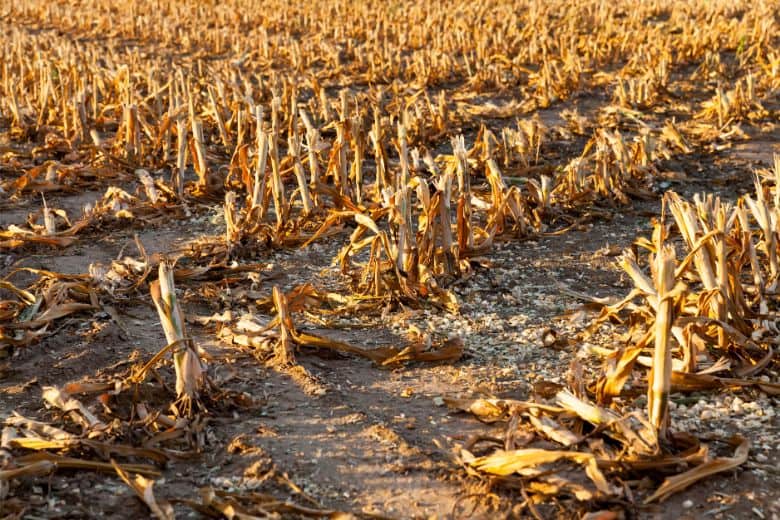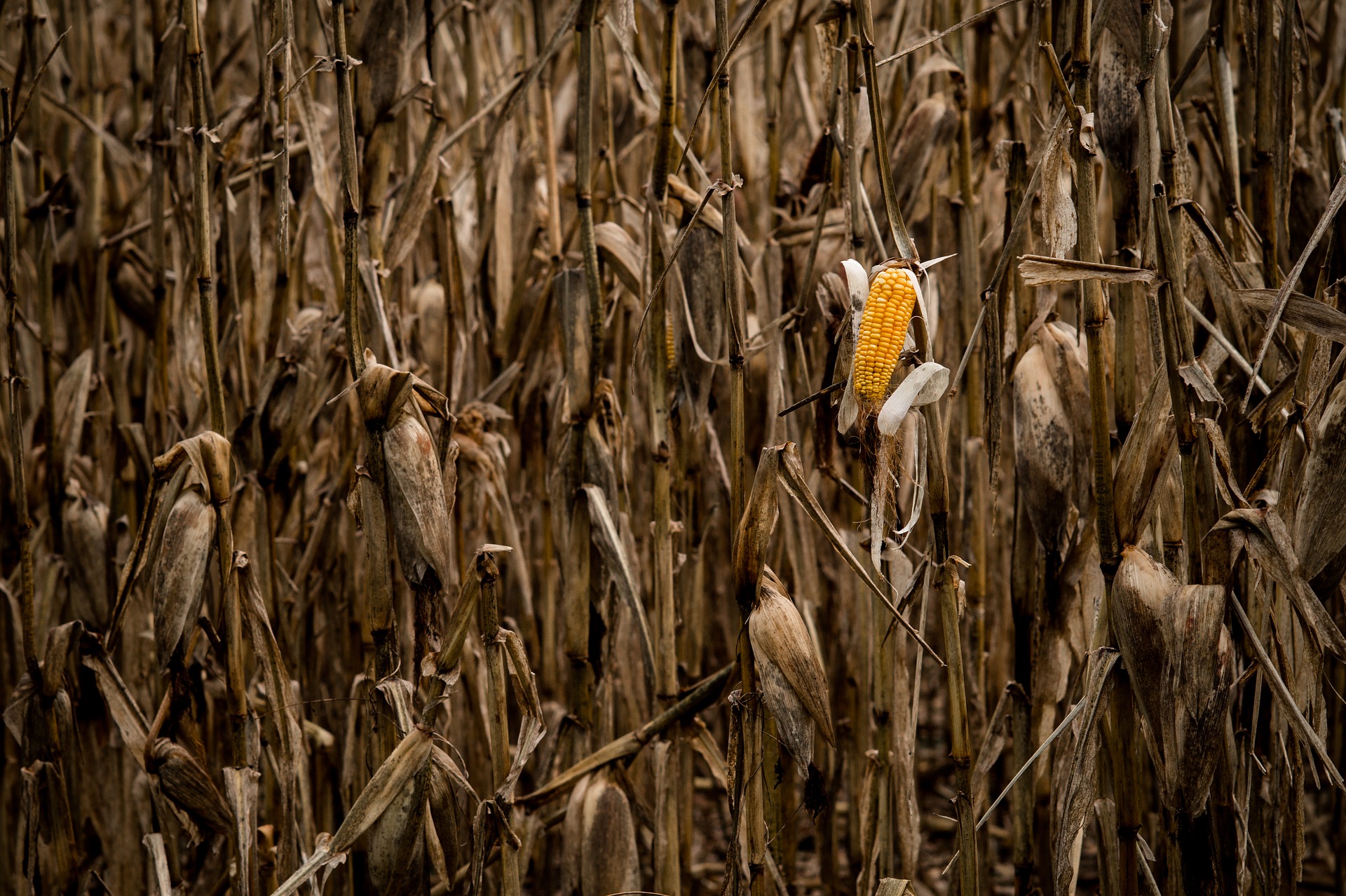
Corn stalks are a common agricultural byproduct, but they can take a long time to decompose naturally. Depending on environmental conditions, such as the amount of moisture, temperature, and the presence of other microorganisms, it can take anywhere from a few months to several years for corn stalks to fully decompose.
Additionally, the size and density of the stalks can also affect the decomposition rate. In anaerobic conditions, such as in a landfill, the process can take even longer.
The Nature of Corn Stalk Decomposition
The Nature of Corn Stalk Decomposition is an interesting and complex process. As a crop, corn stalks are composed of a variety of organic materials, including carbohydrates, proteins, lipids, and minerals.
As these materials break down, they are released into the environment and undergo a variety of microbial and chemical processes.
The rate of decomposition is dependent on the environmental conditions, such as temperature, moisture, and soil fertility. Different stages of decomposition result in the release of different types of nutrients into the soil, which can then be used by plants to grow and thrive.
Understanding the nature of corn stalk decomposition is essential for sustainable crop production and soil health.
Factors That Impact Corn Stalk Decomposition
Corn stalks are integral parts of the production cycle of maize, but once harvested they become a common source of litter in fields and gardens. Decomposition of corn stalks is a natural process, but several factors can affect the rate at which it occurs.
Light, temperature, humidity, soil quality, and the presence of other organic materials can all impact the rate of decomposition of corn stalks.
Understanding these factors can help farmers, gardeners, and agricultural researchers better manage the disposal of corn stalks and ensure their land is properly cared for.
The Process of Corn Stalk Decomposition
The process of corn stalk decomposition is a fascinating yet complex one. As the stalks break down, both chemical and physical changes occur. Through the process of decomposition, the stalks release energy, releasing vital nutrients into the soil.
This process helps to restore the soil, providing it with essential nutrients, which in turn helps to grow new plants and crops. In addition, the decomposition process also helps to reduce the amount of waste that is produced, making it a great way to help preserve the environment.
By understanding the process of corn stalk decomposition, we can better understand how to make the most of the natural resources available to us.

The Benefits of Corn Stalk Decomposition
When it comes to decomposition, corn stalks have a lot to offer! Decomposition of corn stalks provides numerous benefits, such as improved soil structure and nutrient cycling, increased microbial activity, and improved water and air quality.
The decomposition of corn stalks helps to break down plant materials and release the nutrients into the soil, which can help to fertilize the crops. As the stalks decompose, they provide organic matter to the soil, which improves its structure and allows for better water and air circulation.
Furthermore, the decomposition of corn stalks helps to increase microbial activity in the soil, leading to improved soil fertility and increased crop yields. Ultimately, this type of decomposition helps to improve the health of the environment, making it a win-win for both plants and animals.
The Potential Impacts of Corn Stalk Decomposition
Corn stalks are an important part of the agricultural environment. As they decompose, they release vital nutrients into the soil, providing essential nourishment to nearby plants. The decomposition of corn stalks can also have a wide range of environmental and economic impacts, both positive and negative.
On the positive side, the release of nutrient-rich organic matter can improve soil fertility and water retention, making it easier for crops to thrive. On the other hand, the decomposition of corn stalks can also create a number of potential problems.
For example, the decomposition process can release methane and other greenhouse gases into the atmosphere, contributing to global warming. Additionally, the release of large amounts of nitrogen can lead to eutrophication of nearby bodies of water, resulting in algal blooms and other environmental damage.
For these reasons, it is important to consider the potential impacts of corn stalk decomposition when making decisions about agricultural practices.
Practical Applications of Corn Stalk Decomposition
Corn stalks have many practical applications and understanding their decomposition can help us make the most of this valuable resource. Decomposition of corn stalks is a complex process and it is important to understand the different stages in order to ensure the best use of this material.
During the decomposition process, the stalks are broken down by microorganisms, leading to the release of nutrients in the soil.
This makes them a great fertilizer, helping crops to grow and thrive. Furthermore, corn stalks can be used to make paper, bioplastics, animal bedding, and even fuel. By understanding the decomposition process, we can make the most of all the benefits that corn stalks have to offer.
FAQs About the How Long Does It Take For Corn Stalks To Decompose
How long does it take for corn stalks to decompose completely?
Answer: It can take anywhere from a few months to a couple of years for corn stalks to decompose completely, depending on environmental conditions such as temperature, moisture, and the presence of microorganisms.
Does the type of corn stalk affect decomposition time?
Answer: Yes, the type of corn stalk can affect the rate of decomposition. Stalks from sweet corn varieties tend to decompose faster than stalks from field corn varieties.
Does the size of the corn stalk affect decomposition time?
Answer: Yes, larger stalks may take longer to decompose than smaller stalks due to their increased mass and complexity.
Conclusion
Overall, it can take anywhere from a few months to several years for corn stalks to decompose, depending on factors such as temperature, moisture, and other environmental conditions. Although corn stalks are usually considered a form of biodegradable waste, they can take a long time to break down and should be composted or disposed of safely if needed.







